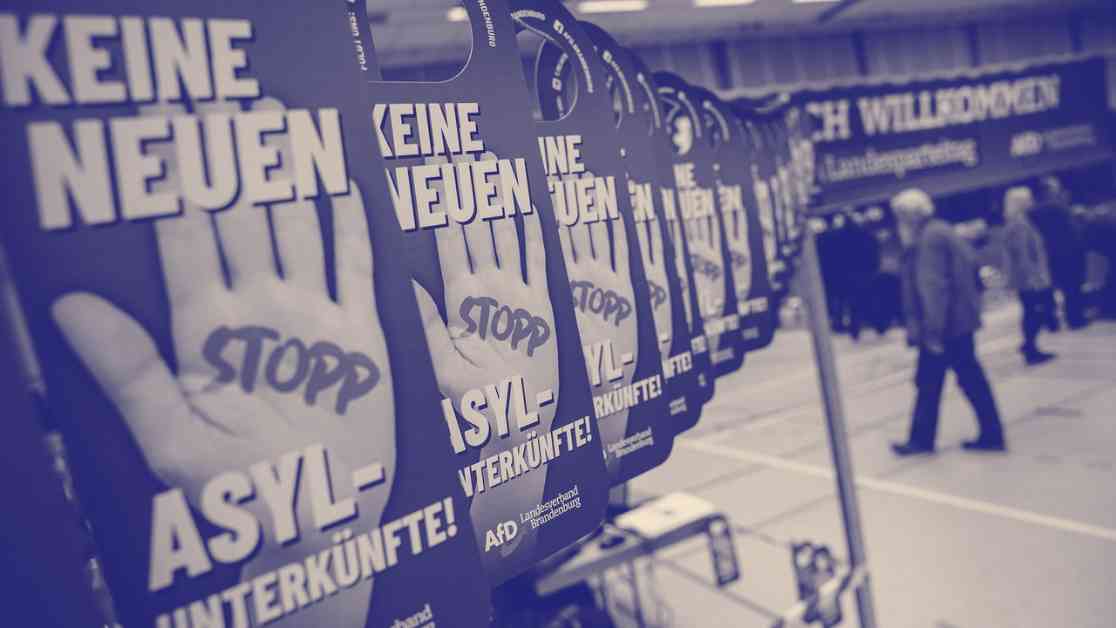German Democracy at a Crossroads
In a recent turn of events, the German government, led by Olaf Scholz’s Social Democrats, faced a no-confidence vote in December. This pivotal moment marked a shift in the political landscape, setting the stage for upcoming elections next month. Scholz, who succeeded Angela Merkel after her sixteen-year tenure, now finds himself grappling with a stagnant economy, once a hallmark of German pride. The looming question remains: what lies ahead for German democracy amidst these challenges?
Insight from Hans Kundnani
To gain a deeper understanding of the current state of German politics, I had the opportunity to speak with Hans Kundnani, a seasoned author on the subject and former head of the Europe Programme at Chatham House. Our conversation shed light on the intricacies of Merkel’s legacy, the rise of the far right, and the implications of political consensus in Germany. Kundnani’s insights offer a unique perspective on the complexities shaping the nation’s future.
The Legacy of Merkel and Its Impact
Kundnani’s analysis delves into the repercussions of Merkel’s decisions during her tenure, touching on issues such as closer ties with Russia, the rejection of nuclear power, and the controversial stance on immigration. While Merkel’s leadership brought stability, it also laid the groundwork for discontent and anti-incumbency sentiments within the electorate. The impact of her policies reverberates through the current political landscape, posing challenges for Scholz’s administration and the future of German democracy.
Rethinking the Path Forward
As Germany navigates a crucial juncture in its political evolution, the need for introspection and reform becomes increasingly apparent. The prevalence of grand coalitions and political consensus raises questions about the vitality of democracy and the necessity for diverse viewpoints. Kundnani’s assessment underscores the urgency of addressing systemic issues, including the debt brake and foreign policy strategies, to foster a more resilient and responsive governance model. The forthcoming elections hold the promise of change, signaling a potential shift in the trajectory of German democracy.
In conclusion, the challenges facing German democracy demand a comprehensive analysis and proactive measures to safeguard its integrity and effectiveness. As the nation stands at a crossroads, the insights provided by experts like Hans Kundnani serve as a guiding beacon for policymakers and citizens alike. The road ahead may be fraught with obstacles, but it also presents an opportunity for renewal and revitalization. Only time will tell how Germany rises to meet these challenges and shape its democratic future.












